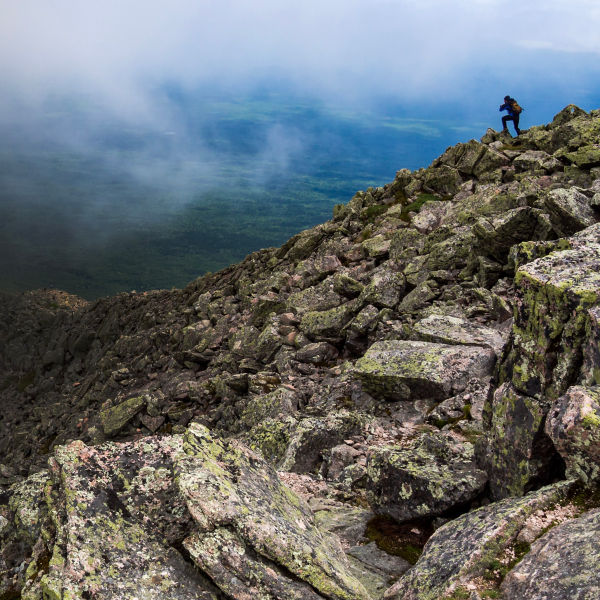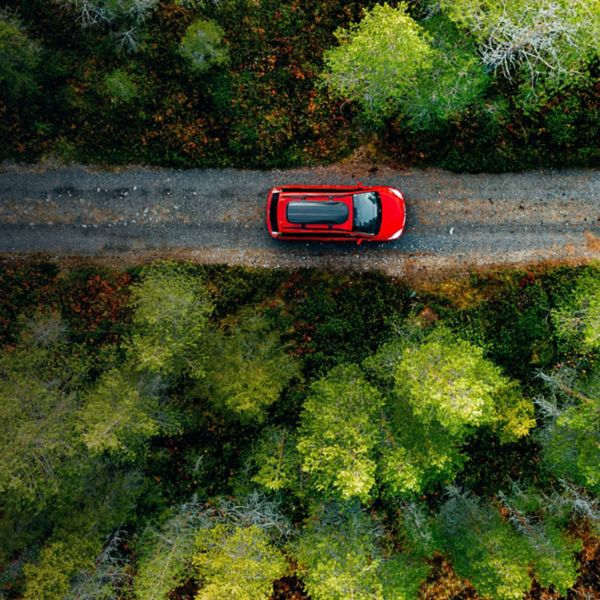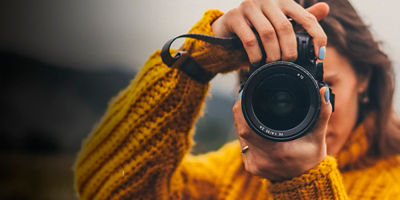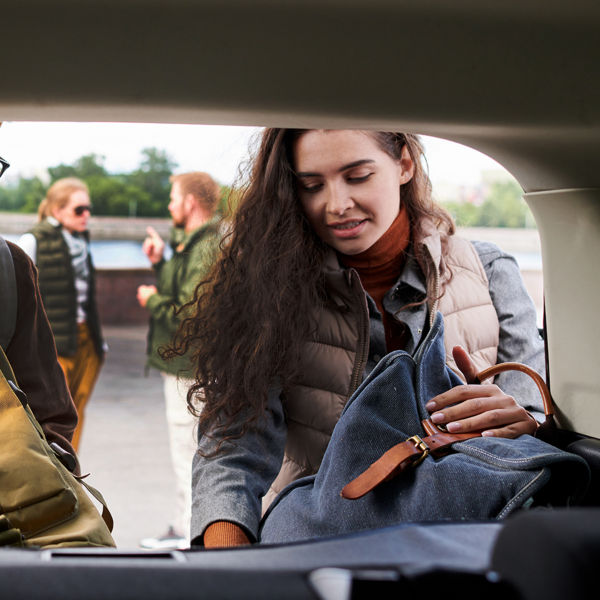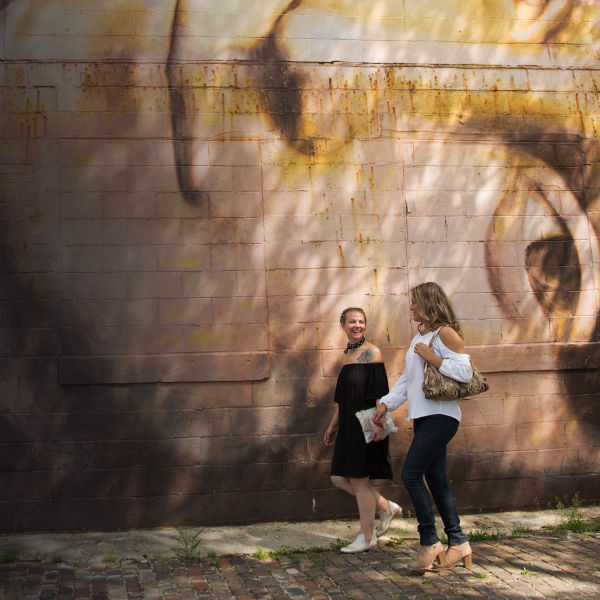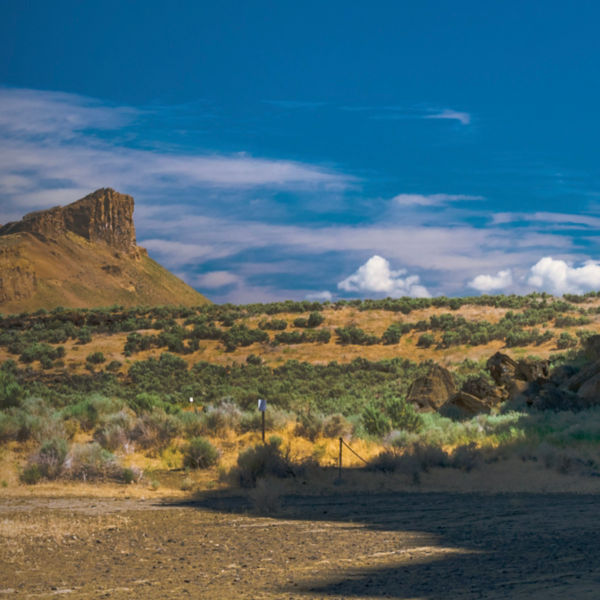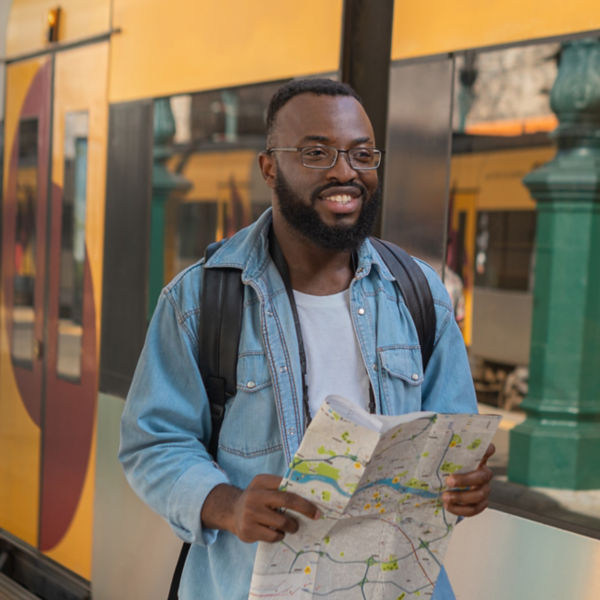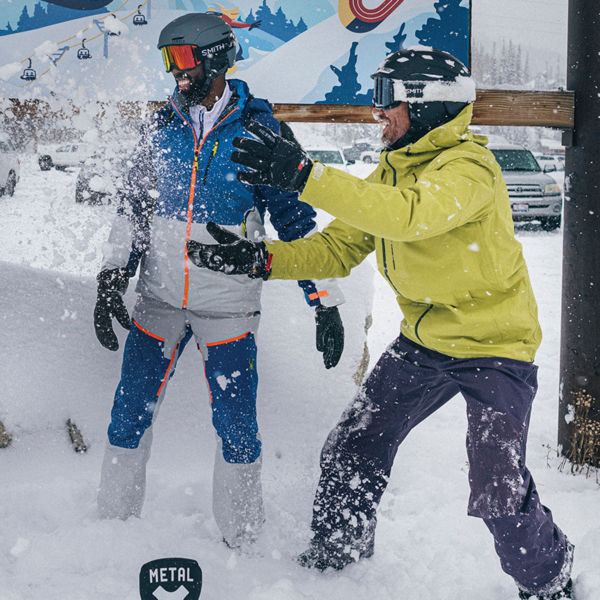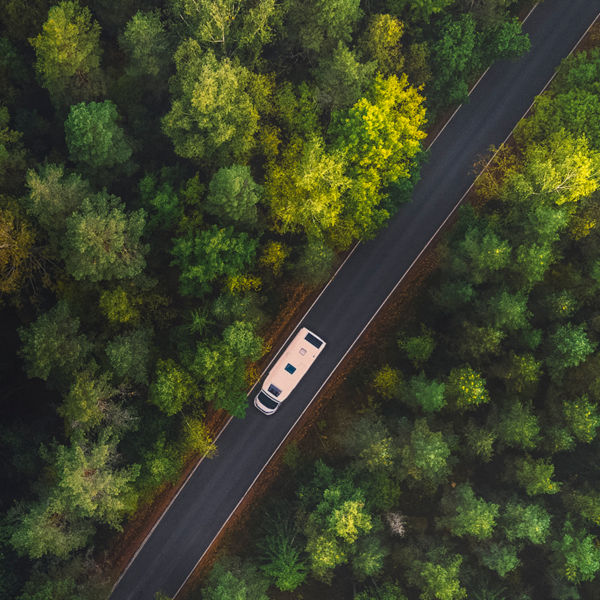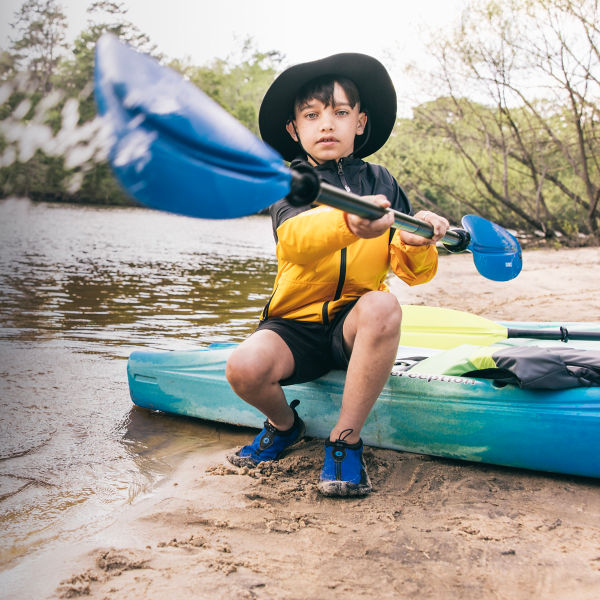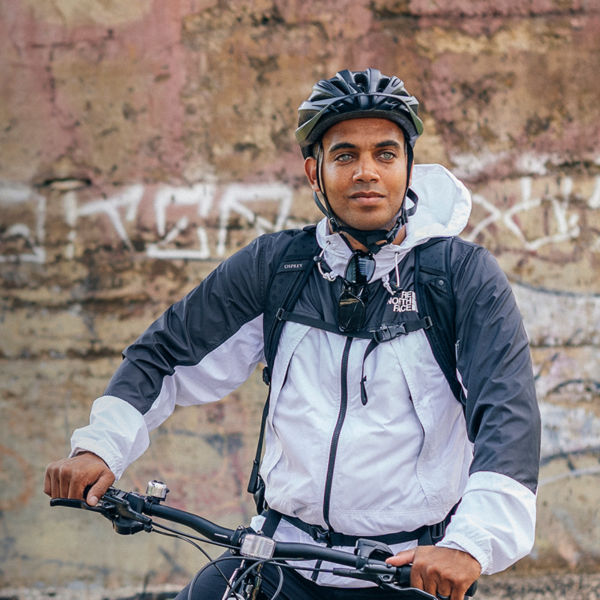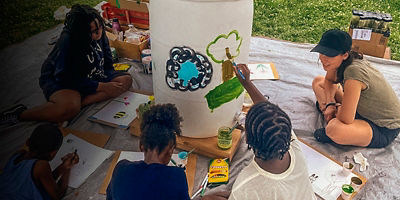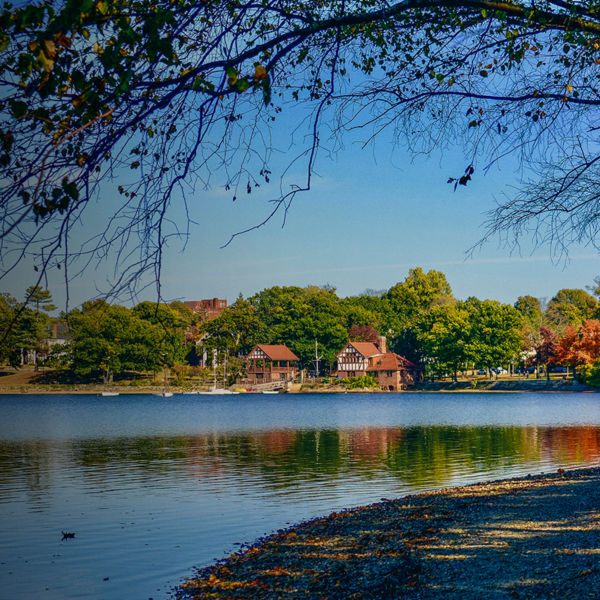
Study after study has shown the importance of sleep for good health. Sufficient sleep can boost the immune system, improve your mood, reduce stress, and strengthen your memory—to name a few benefits that are always valuable, but especially welcome when you’re off on an adventure. Of course, real adventure is not always comfortable or on schedule, which can make it doubly hard to get the sleep you need in the first place.
Thankfully, a few lightweight and packable tools can help you sleep easier even in tough environments. Here’s what to pack.
Ear Plugs
This is a no-brainer. Ear plugs are cheap, widely available, and perhaps the lightest weight sleep aid on the market. Make sure you have a pair of foam or wax earplugs handy so you’re always equipped to deploy them in order to block out the sounds around you, from the crying baby behind you on the plane to never-ending street noise outside your hostel window. Make sure to buy earplugs with a case or give them a dedicated spot in your toiletries kit so you don’t lose them. Buying tip: Foam earplugs last longer and are a little more comfortable than wax ones.
Noise Cancelling Headphones
Prefer to listen to music or a white noise app while you sleep? Noise cancelling headphones are more spendy than conventional earbuds (by a long shot), but a good pair enables you to listen only to the sound of your choice. Noise cancelling headphones are a game-changer on a noisy plane or train.
Inflatable Pillow
Don’t get overwhelmed by the choices, and don’t be tempted by foam pillows that are comfy but too bulky for travel. Keep it simple with an inflatable travel pillow: they’re big and comfy when you blow them up, take up almost no space and add no weight when they’re deflated, and are way more comfortable than a bunched up fleece. Tip: slightly under inflate the pillow for maximum malleability and versatility.


